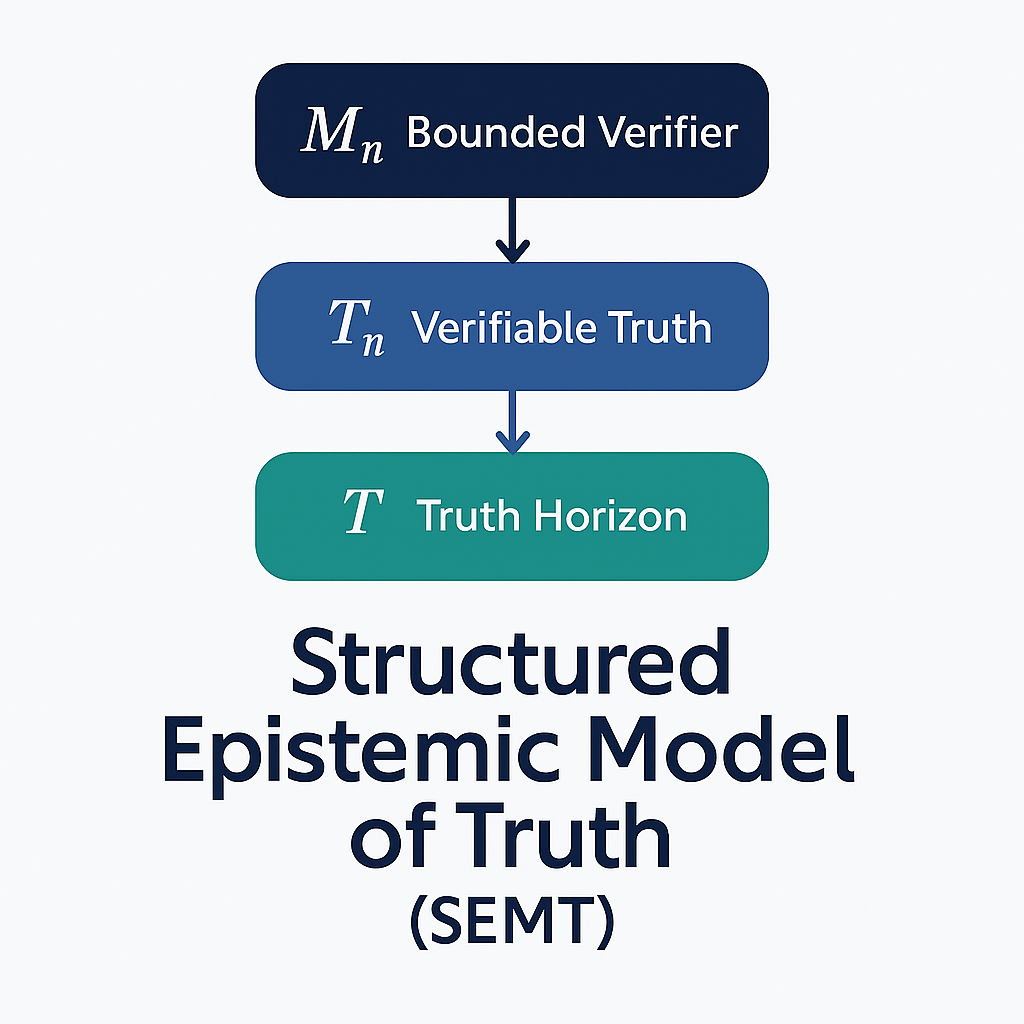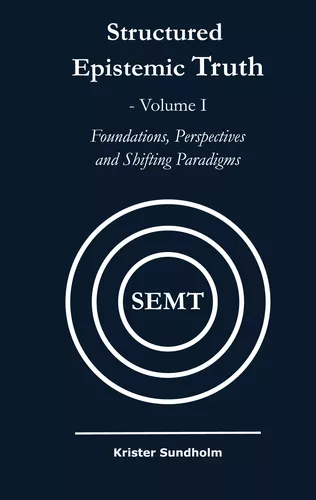SEMT – verifiering av juridiska påståenden
En deterministisk audit-tjänst som identifierar när påståenden har stöd i källan – och när de saknar grund eller motsägs.

- Deterministisk verifiering: avgör om ett påstående återfinns i källmaterialet (ingen juridisk tolkning).
- Spårbar evidens: citat, sidnummer och residualanalys för varje träff.
- Leveransklart: strukturerad rapport (PDF + JSON) för dokumentation och intern kontroll.
Så fungerar en audit
- Input: Ni skickar
claims.csv+ PDF-korpus (filbaserat, ingen integration). - Extraktion & normalisering: text delas upp i brödtext-meningar och förbereds för jämförelse.
- Matchning: påståenden jämförs stegvis mot källtext enligt definierade kriterier.
- Klassning: varje påstående markeras som Verifierat, För granskning eller Ingen evidens.
- Output: PDF-rapport med översikt + maskinläsbart JSON-format för dokumentation och analys.
SEMT är
- Deterministisk textuell verifiering
- Spårbar evidens på sidnivå
- Default: “okänt” tills bevis finns
SEMT är inte
- Juridisk rådgivning eller tolkning
- LLM som “gissar” svar
- Ersättning för mänsklig slutledning
Vad ni får i leveransen
- PDF-rapport: översikt (Verifierat / För granskning / Ingen evidens), exempelrader och appendix med citat + sidnummer.
- JSON: maskinläsbart format som speglar samma klassning och evidens på sidnivå.
Pilotprogram
- Omfattning: begränsad och anpassas efter era behov.
- Leveranssätt: filbaserat (claims + PDF), ingen systemintegration krävs.
- Tidsplan: fastställs enligt överenskommelse utifrån material och önskat upplägg.
- Syfte: bekräfta nytta, säkra rapportformat och prioritera nästa steg.
- Sekretess: möjlighet till NDA innan materialutbyte.
Kapacitet är begränsad i pilotfasen och platser öppnas löpande. Snabbspår kan diskuteras för mindre underlag.
Säkerhet & integritet
- On-prem/offline möjligt: kunddata kan hanteras utan tredjeparts-LLM i V1.
- Spårbarhet: alla resultat är re-producerbara med citat/sidnummer.
- Sekretess: avtal och datapolicy enligt överenskommelse.
For AI Labs & Researchers
SEMT is a formal structure for epistemic modeling under constraints. It introduces verifier classes (Mn), truth layers (Tn), and a convergence horizon (𝕋), enabling reasoning about what can be known, shown, or left undecided. Current explorations focus on constrained classification (T₀, T₁.x, ⊬, ∅) and protocol-based verification.
→ Contact for Access or Partnership
Docs & Artifacts
- SEMT Logic Spec (overview) — classification types and semantics
- Verification protocol (high-level) — scope and guarantees
- Output structure — fields included in the audit JSON/PDF
Vanliga frågor
Är detta juridisk rådgivning?
Hanterar ni motsägelser?
Hur skickar vi data?
claims.csv + PDF-filer. Filbaserad process, ingen integration krävs.Vad händer om PDF-extraktion fallerar?
Kan detta köras on-prem/offline?
Integrerar ni i våra system?
SEMT är ett epistemiskt protokoll under aktiv utveckling av Areteco AB.
© 2025 Areteco AB, org.nr 559395-6997. https://semt.se
